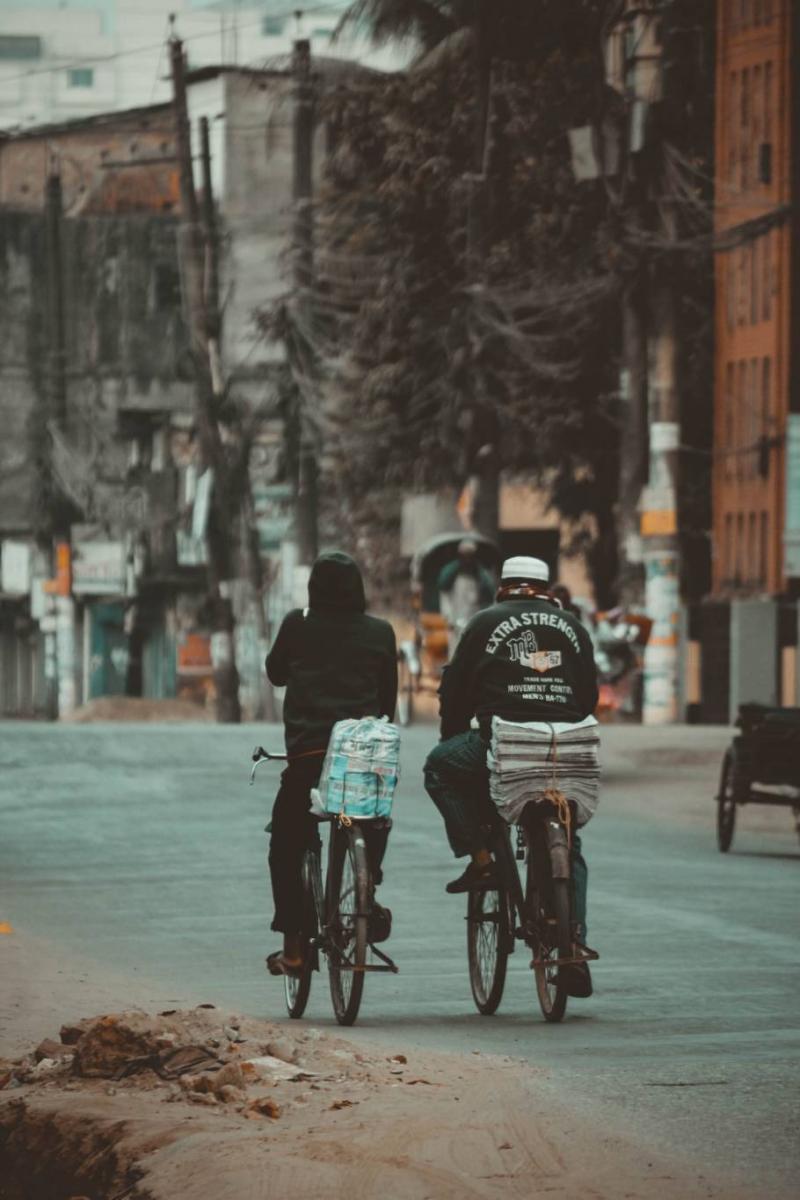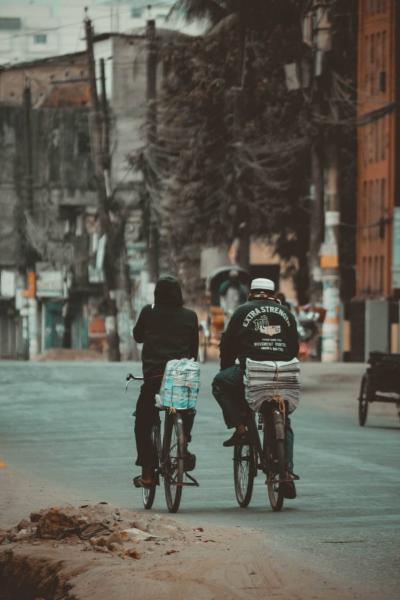The fierce COVID-19 wave in India has led to a sudden halt in its recovery from the pandemic, and this wave is expected to last several weeks, impacting fuel demand and potentially causing a setback in the global oil market. According to officials from major refineries and fuel retailers, the combined consumption of diesel and gasoline in April is expected to drop by up to 20% compared to the previous month due to renewed restrictions, including a week-long lockdown in the capital, New Delhi.
While major oil processors continue to buy crude oil, signs are emerging that refining operations may need to be scaled back to adjust to the declining demand. According to Senthil Kumaran, Head of South Asia Oil at FGE Consulting in Singapore: "Given the disappointing situation, the lockdown is likely to last several weeks or even two months; total demand for major petroleum products in India will see a significant decline."
The Pandemic Escalates
India has repeatedly broken records for COVID-19 infections and fatalities as the virus spreads throughout the country, raising concerns that the central government may have to implement another nationwide lockdown to curb the spread of the pandemic. Initial figures from industry sales show a significant impact on fuel demand during the first half of April, with forecasts indicating the situation will worsen.
Officials from refineries and retailers noted that while demand for automotive fuel showed resilience during the pandemic, as people avoided public transport in favor of driving their cars and motorcycles to avoid infection, new warnings from state governments are discouraging people from leaving their homes unless for emergencies or essential services, which has hurt consumption.
In this context, Nitin Goyal, who manages a fuel station in the busy eastern region of New Delhi, reported that fuel sales dropped by 90% on Tuesday during the first day of the week-long lockdown in the city. Goyal typically sells around 10,000 liters of gasoline and diesel daily from the "Indian Oil Corp" branded station and expects sales to recover only to about a quarter of usual volumes in the coming days.
FGE forecasts a drop in daily gasoline demand of 100,000 barrels this month and 170,000 barrels per day in May, while diesel consumption is expected to decline by 220,000 barrels and 400,000 barrels per day during the same period.
Reduction in Production Rates
Before the virus outbreak, gasoline and diesel sales in March were around 750,000 barrels and 1.75 million barrels per day, respectively, according to Bloomberg calculations based on official government data. Indian Oil Corporation, the largest fuel retailer in the country, may have to consider cutting crude processing rates if there is a significant decrease in demand for petroleum products, especially diesel, according to someone familiar with the matter.
India has so far implemented local lockdowns, as the government seeks to avoid repeating the nationwide lockdown experienced last year, which pushed demand to its lowest level in over a decade in April 2020. The South Asian nation is the third-largest oil importer in the world, meaning the impact of this situation is likely to ripple through the global market, even as China and the United States show strong recoveries.
Prime Minister Narendra Modi tweeted that he will hold high-level meetings on Friday to review the virus crisis and will not attend planned election gatherings in West Bengal. Notably, the Indian leader was campaigning during the state elections despite the fierce resurgence of the pandemic.
Decline in Trucking Operations
Movement restrictions in India could disrupt trucking, which is considered the backbone of its economy and oil demand, slowly recovering from the worst of it in 2020. Naveen Kumar Gupta, Secretary General of the All India Motor Transport Congress, representing 9.3 million truck drivers and about 5 million bus and taxi operators, stated that operations have halved. The recent restrictions have led to another mass exodus of migrant workers fearing job loss, with Gupta stating that small truck drivers and operators of buses, tourist taxis, and school transport are among the most adversely affected.
FGE estimates that commercial vehicles account for nearly 80% of diesel consumption in the country, the most used fuel in India. In this context, Kumaran from FGE remarked: "Industrial activities have already slowed down in some states, and there has also been a sharp decrease in driving in major cities, which contribute the largest share of gasoline and diesel demand in India."




